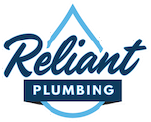Should You Go Tankless? Top Benefits Explained
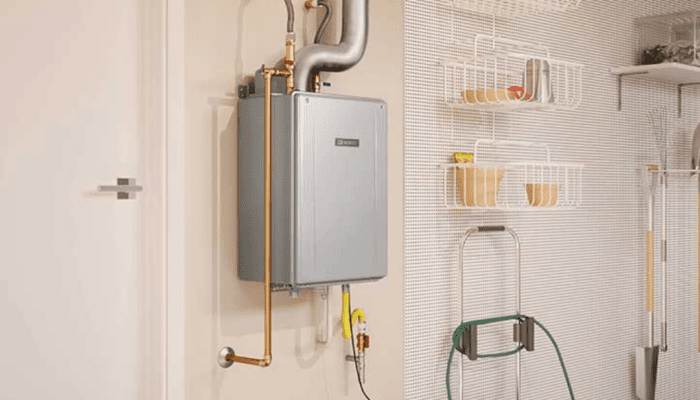
Table of contents
- Think You Might Need a Tankless Water Heater? Here’s What You Need to Know
- How Does a Tankless Water Heater Even Work?
- Pros and Cons of a Tankless Water Heater
- Tankless Water Heater Pros
- Tankless Water Heater Cons
- What Will It Cost?
- Regular Maintenance for Warranty Compliance
- Step-by-Step: Should You Make the Switch?
Think You Might Need a Tankless Water Heater? Here’s What You Need to Know
If you’re currently in the market to upgrade your water heater, now is an excellent opportunity to consider upgrading to a tankless model. Unlike traditional units that constantly heat a stored tank of water, a tankless water heater heats water instantly when you need it. At Reliant Plumbing, we specialize in the installation of both traditional and tankless water heaters.
If you’re starting to research water heater upgrades, you might be wondering whether a tankless system is right for your home. Let’s break it down—no fluff, just clear advice from Reliant Plumbing pros.
How Does a Tankless Water Heater Even Work?
Unlike traditional tank models that store hot water, tankless units heat water only when you need it. Cold water flows in, and a gas burner or electric element heats it instantly. The result? Hot water on demand—no waiting around.
Pros and Cons of a Tankless Water Heater
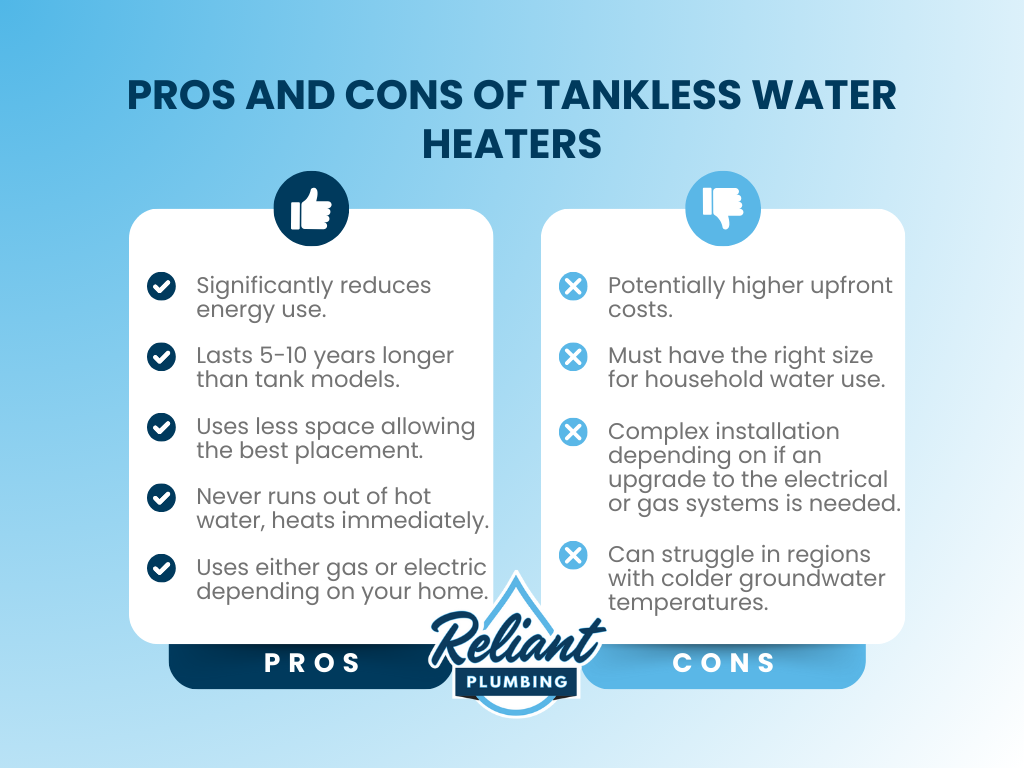
Tankless Water Heater Pros
- Energy efficient: Tankless water heaters significantly reduce energy consumption by heating water only when necessary, rather than continuously maintaining a tank of heated water. This on-demand approach saves energy, reduces utility bills, and conserves water, as you no longer have to wait for the water to reach the desired temperature.
- Built to last: Tankless water heaters typically last 5-10 years longer than traditional tank models. Because they don’t store water, they are less prone to rust, corrosion, and general wear and tear, resulting in reduced maintenance and repair costs over time.
- Space-saving design: Tankless heaters are considerably smaller and more space-efficient compared to traditional water heaters. Without the bulky tank, these units easily fit into compact spaces, closets, or even under cabinets, making them ideal for modern homes, apartments, or areas with limited space.
- Endless hot water: Tankless water heaters heat water as you use it—so you’re not limited by the size of a tank. Whether you’re family is taking back-to-back showers, running the dishwasher, or filling up a bathtub, a properly sized tankless system keeps the hot water flowing. As long as there’s demand, it keeps delivering—no more running out mid-shower.
- Both Electric and Gas Options: Tankless water heaters come in two main types—electric and gas—giving you flexibility based on your home’s setup and energy preferences. Gas units are often more powerful and better suited for larger households with higher hot water demands. Electric models, on the other hand, are typically easier to install and don’t require venting, making them a great option for smaller homes or additions.
Tankless Water Heater Cons
While tankless water heaters offer major benefits, there are a few challenges to keep in mind before making the switch.
- Higher Upfront Costs: The upfront cost can be higher than traditional systems—both the unit itself and the installation. However, homeowners recoup that investment over time through lower utility bills and longer system lifespan.
- Potential for the Wrong Size: It’s essential to choose the right size for your household. If the unit isn’t sized correctly, it may struggle to keep up when multiple fixtures—like showers, sinks, or laundry—are running at once. A professional plumber can help assess your daily hot water usage and recommend a model that fits your needs.
- Complex Installation: Installation for tankless units can be a bit more complex. Gas tankless units require specific venting and may not be compatible with the space your old water heater occupied. In some cases, upgrades to your home’s gas line or electrical system might be necessary. A qualified technician can walk you through the logistics and make sure everything is up to code.
- Colder Climate Problems: Tankless water heaters can struggle in regions with colder groundwater temperatures. Because the water entering the system starts off much colder, the unit has to work harder to heat it to your desired temperature. This can reduce efficiency, slow down flow rates, or even lead to lukewarm water if the unit isn’t powerful enough. In colder climates, homeowners may need to invest in a larger unit—or even multiple units—to keep up with demand.
What Will It Cost?
If you’re considering a tankless water heater upgrade, here’s a breakdown of the cost for what our team typically sees:
- Brand-new gas tankless installation: Expect a ballpark cost of approximately $8,850, including both materials and labor—based on recent regional pricing.
- Replacing an existing gas tankless unit: Much more budget-friendly, at around $4,700, since your home is already equipped for the technology.
What about electric models? Although their sticker price may be similar up front, electric tankless systems often require significant electrical upgrades—sometimes installing four dedicated 40 AMP breakers before the plumber can even begin. On top of that, they tend to need repairs more frequently. That’s why we usually recommend gas-powered units for full-time homes—they’re more durable and deliver more dependable performance in the long run.
Regular Maintenance for Warranty Compliance
Regular maintenance, such as annual water heater flushes, is required to maintain your manufacturer’s warranty. Proper and consistent maintenance helps ensure your tankless water heater operates efficiently and reliably, maximizing its lifespan and performance. Be sure to schedule routine service checks with a professional plumber to maintain compliance with your warranty conditions.
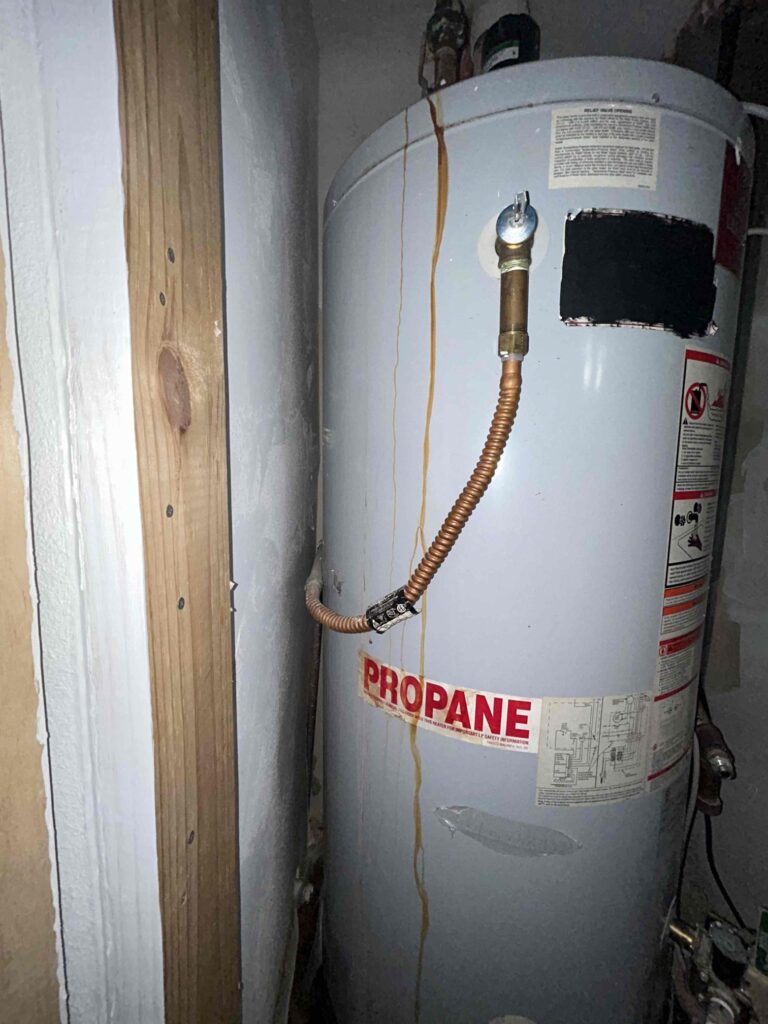
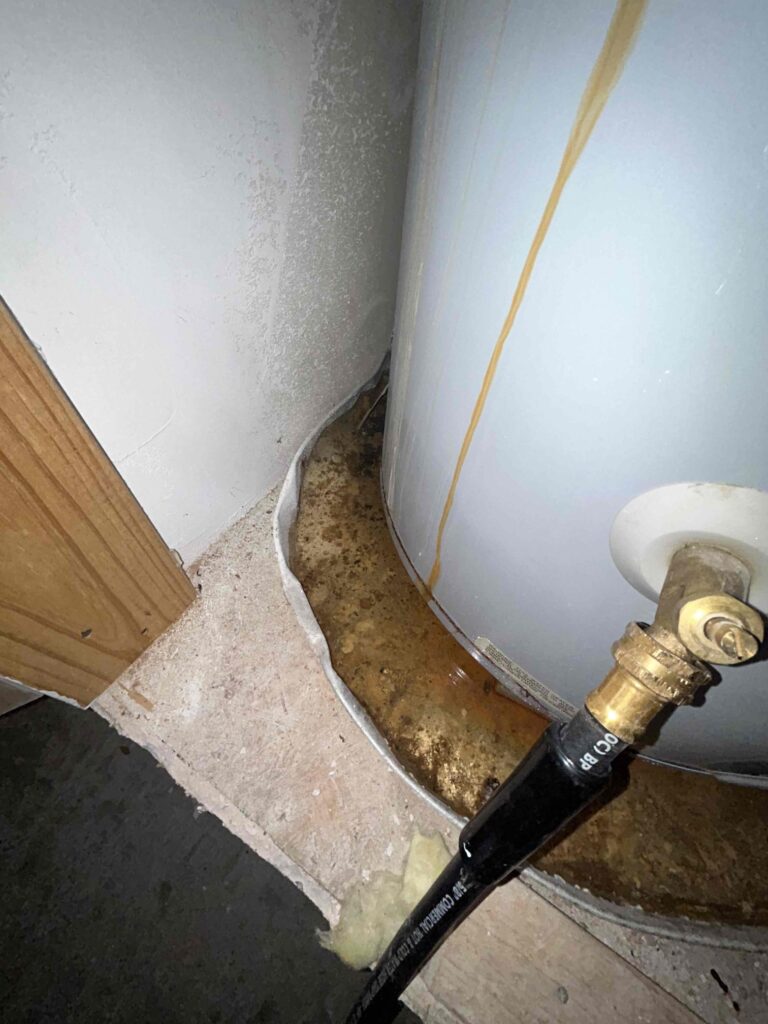
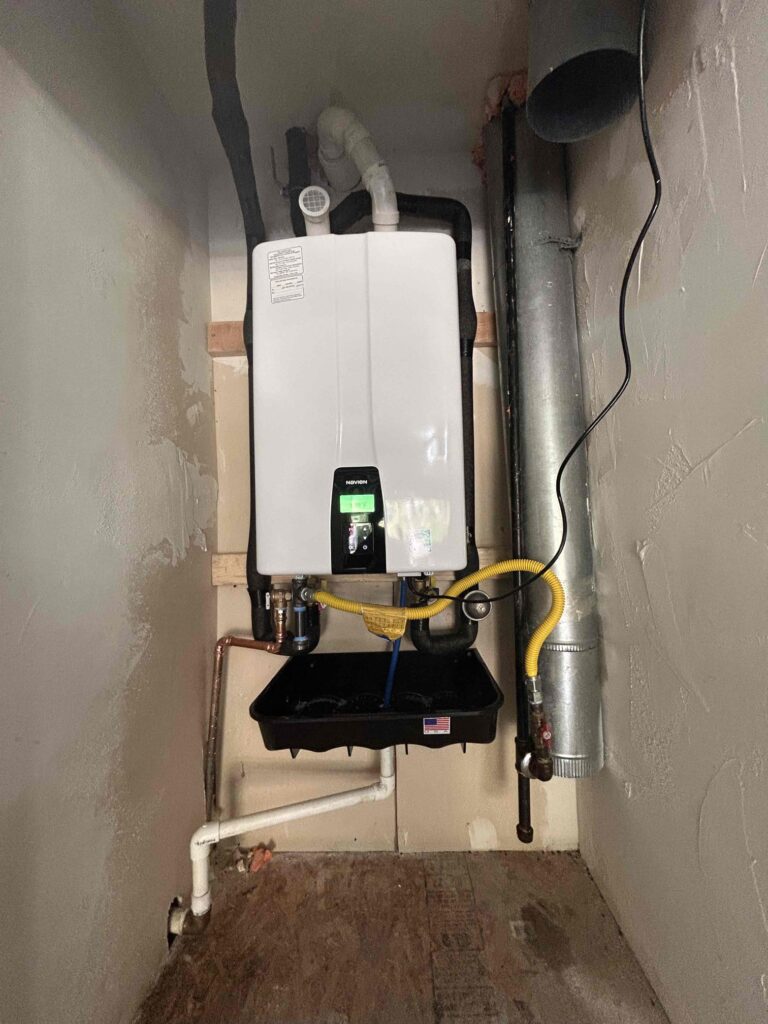
Step-by-Step: Should You Make the Switch?
- Assess Your Needs
Think about your hot water usage and whether constant hot water matters to you.
- Evaluate Your Space
Do you have plumbing, venting, and room to accommodate a tankless unit?
- Consider Costs
Are you comfortable with a higher upfront price if it pays off later with savings?
- Get Professional Input
We’d love to evaluate your home, help size the unit properly, and provide an estimate with our free inspection.
Ready to Upgrade?
If you’re interested in learning more or considering a tankless water heater upgrade for your home, the experts at Reliant Plumbing are here to help. Contact us today to discuss your options and discover how you can enjoy the many benefits of going tankless.
